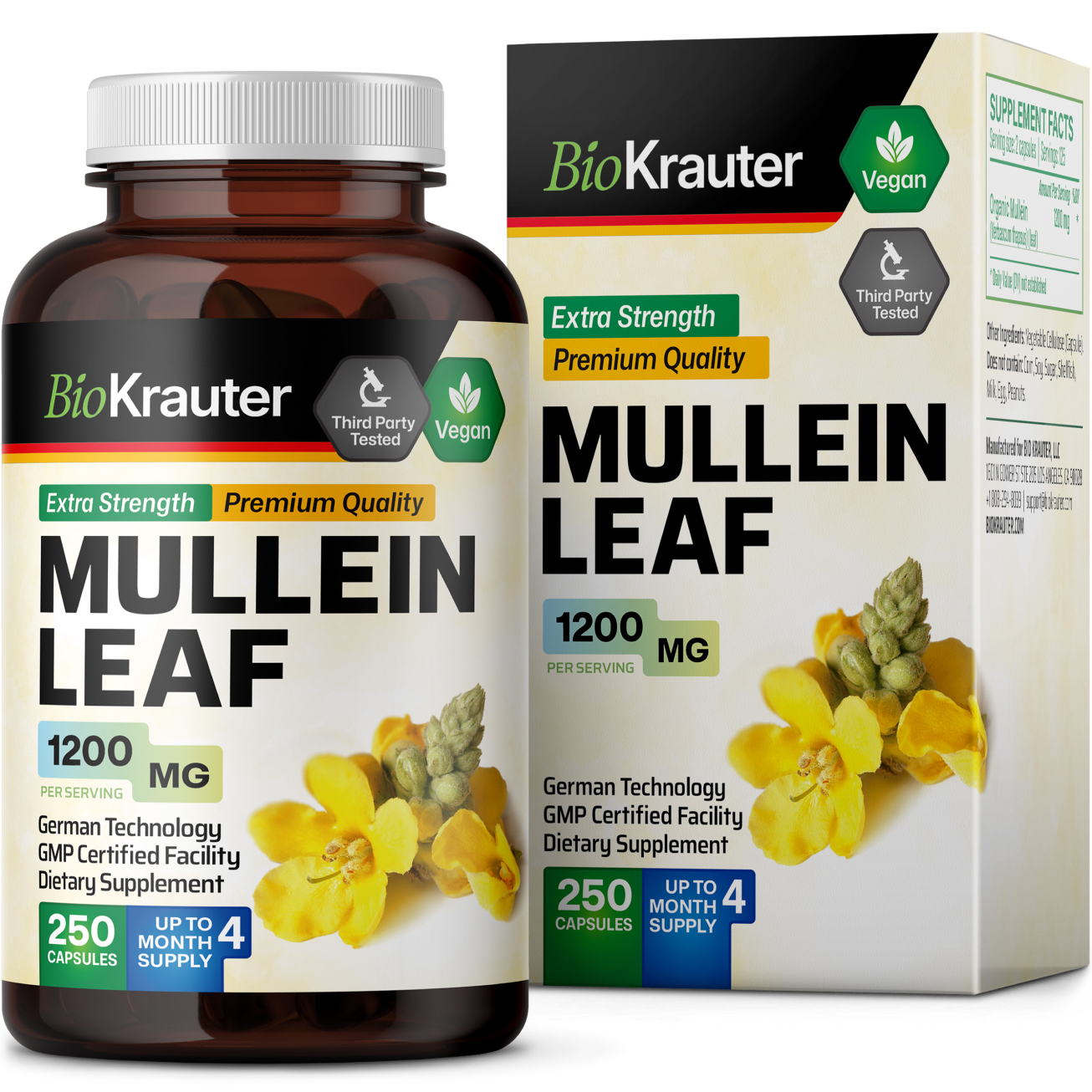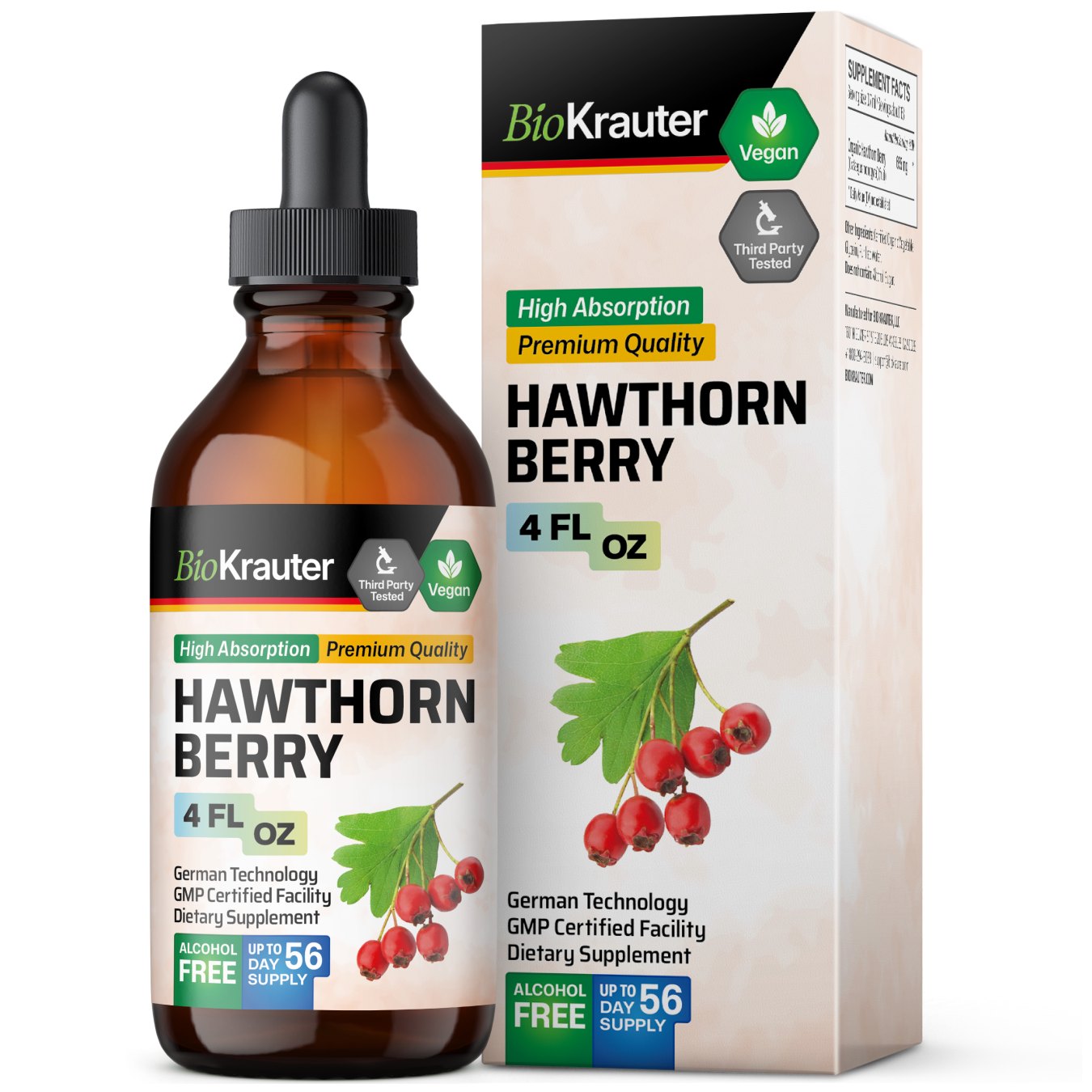-

What is Black Elderberry Used For?
The main uses of black elderberry are centered around its immune-boosting and antiviral properties [1]. The berries are rich in vitamins (notably vitamin C), antioxidants and flavonoids – perfect for robust immunity. These berries can alleviate symptoms of the common cold and flu, boosting the body's immune response [2].





- Nutritional powerhouse The primary active components in elderberries are anthocyanins with strong antioxidant and anti-inflammatory properties [3]. Elderberries are also a good source of vitamin C, another powerful antioxidant, essential for the immune system's proper functioning. They also contain other flavonoids, such as quercetin and rutin, which contribute to their anti-inflammatory properties.
- No colds and flu Black elderberry’s antioxidants bolster immune defense, making these berries perfect for preventing viruses. In terms of relief from symptoms, the plant’s antiviral properties inhibit the replication of viruses and prevent them from infecting healthy cells [4].
- Immunity support First off, elderberries are high in vitamin C, a crucial nutrient for immune function. Vitamin C stimulates the production and function of white blood cells, which are key to the body's defense against infections [5]. Additionally, vitamin C acts as a powerful antioxidant, protecting immune cells from oxidative stress and damage. These qualities make elderberry for immune support an excellent natural choice, especially during seasonal shifts or times of increased exposure.
Products Featuring Black Elderberry
$17.49
Looking for more information?
View All FAQsNo, it's important to note that fresh elderberries are not recommended to eat. Raw elderberries, along with the plant's leaves, stems and seeds, contain compounds that can be toxic if not properly prepared. These include cyanogenic glycosides, which can release cyanide in the body.
For safe consumption, elderberries need to be fully cooked and processed. Cooking deactivates the harmful compounds, rendering the berries safe to eat. Once cooked, elderberries are commonly consumed in the form of syrups, teas or jams.
One of the simplest and most reliable ways to enjoy the health benefits of this plant is by taking natural black elderberry supplements. These are carefully prepared to ensure safety and effectiveness.
Popular forms include:
- Black elderberry gummies – convenient, tasty and easy to take on the go.
- Capsules – ideal for consistent, standardized dosing.
- Liquid extracts or tinctures – fast-absorbing and perfect for flexible, customized dosing.
- Powders – great for blending into smoothies, juices or recipes.
Yes, there are several types of elderberries. These varieties belong to the Sambucus genus and vary in terms of their geographical distribution, physical characteristics and uses. Here are a few notable types:
- American Elderberry (Sambucus canadensis): This species is native to eastern North America and is very similar to the black elderberry but tends to have smaller berries and flowers. These berries are often used in syrups, jams and for medicinal purposes. The berries and flowers are used, but like black elderberries, other parts of the plant are toxic and should not be consumed.
- European Red Elderberry (Sambucus racemosa): Native to Europe and parts of Asia, this species is distinguished by its red berries. The red berries, however, are considered toxic when raw and are not typically used for culinary or medicinal purposes. The plant is more often used for ornamental purposes in gardens.
- Blue Elderberry (Sambucus caerulea or Sambucus nigra ssp. cerulea): Found in western North America, it is characterized by blue or blue-black berries, which are coated in a white, waxy bloom. These berries are edible when cooked and are often used in jams, pies and wines.
- Dwarf Elderberry (Sambucus ebulus): This species is smaller in size and is native to Europe. Its berries are considered toxic and are not typically consumed. The plant is sometimes used for ornamental purposes or in traditional folk medicine, although it is not as widely recognized as Sambucus nigra.
Black elderberry benefits include the positive effects on digestion, which are primarily attributed to its fiber content and certain compounds that can aid in digestive health [6].
The dietary fiber found in black elderberry can help in promoting regular bowel movements and preventing constipation. Fiber adds bulk to the stool, which aids in its smooth passage through the digestive tract. A healthy intake of fiber is essential for maintaining good digestive health!
Additionally, its antioxidants, including flavonoids and anthocyanins, may contribute to a healthy digestive system.
- https://www.webmd.com/diet/health-benefits-black-elderberry
- https://www.medicalnewstoday.com/articles/323288
- https://pmc.ncbi.nlm.nih.gov/articles/PMC10096080/
- https://pmc.ncbi.nlm.nih.gov/articles/PMC8948669/
- https://pmc.ncbi.nlm.nih.gov/articles/PMC5707683/
- https://www.webmd.com/diet/health-benefits-elderberry-syrup

Free
Shipping
No shipping
cost over $50

Premium
Quality
Engineered to a gold
standard for your satety

Easy
Returns
30 days money-
back guarantee
















